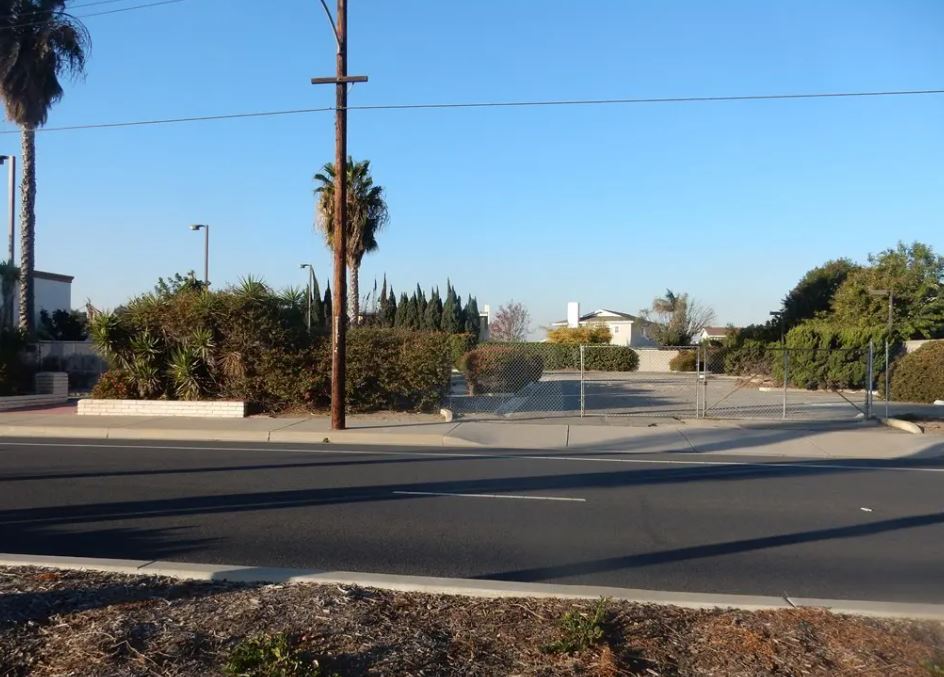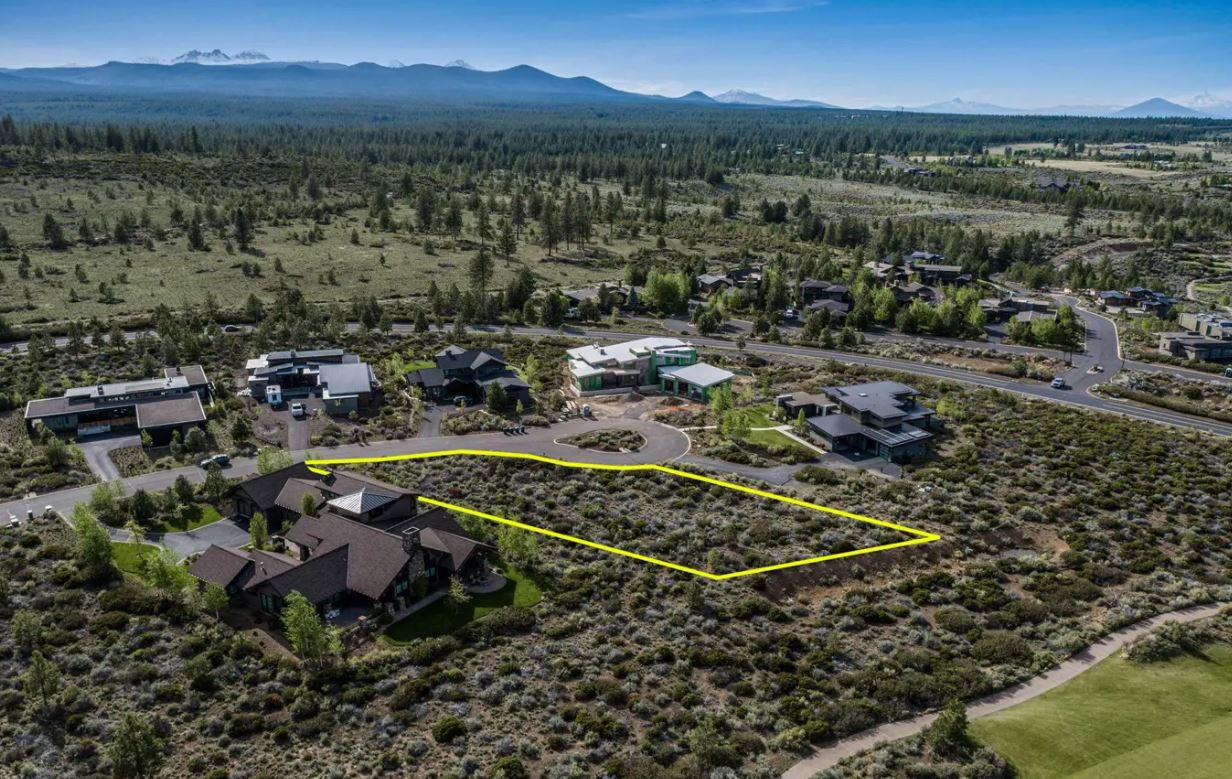Ten Problems with Trust Deed Investments
If you’re in the research phase of trust deed investing, you are probably looking online, talking to mortgage brokers and to friends who have...

If you’re a real estate investor who buys land using a combination of leverage and cash, you’ll want to read this article about the six common problems with hard money land loans. In it, I cover some hurdles to financing land that I’ve come across over the past decade working with real estate investors and hard money lenders.
Most of the problems I discuss below came after March 22, 2023, when the Federal Reserve began aggressively raising interest rates in an effort to cool off the inflation from both the fiscal and monetary stimulus pumped into the economy during the COVID-19 pandemic. As you can see from the chart below from Forbes, the Federal Funds Rate started at 0.25% and rose all the way to 5.25% in May 2023.
Real estate and mortgage lending are fairly easy when debt is very cheap. It's when the music stops and interest rates rise rapidly that problems emerge for borrowers and lenders.
Let’s dive into some of the problems with hard money land loans I’ve seen over the past year or two.
FCTD had a situation where a land developer purchased farmland to develop a residential subdivision. The developer used seller financing to buy the land on contract from the longtime owner, which allowed time to work on the entitlements and secure infrastructure financing to turn the farmland into dozens of finished lots. During the entitlement process, the developer signed a contract to sell the finished lots to a home builder, receiving a large earnest money deposit toward the liquidity requirements for the infrastructure loan.
At the time the infrastructure loan was taken out, the Fed Funds Rate was at 0.25%, money was cheap, and the lender believed there was protective equity between their loan amount and the sale price of the finished lots. The lender over-leveraged the property because they believed in their investment, and wanted the construction loan to build all the houses — which made sense at the time.
Unfortunately, the project encountered multiple pandemic-related challenges from contractors and service providers (death, prolonged illnesses and labor shortages). Even though the project stalled out, the infrastructure lender still wanted the loan to be paid off at maturity.
The overleveraged land developer now faced the major challenge of refinancing the loan to finish the lots. There was a significant profit to be made in the subdivision, but all the lenders they spoke to wanted the developer to bring about $700,000 to closing and have post-close liquidity of nearly $350,000.
This major challenge prompted them to change course — from seeking debt financing to finding an equity partner to inject capital into the project and take a major portion of the profits. The other options were to sell the project as-is or walk away entirely.
Land loans can be cross-collateralized with other properties that have significant equity positions, giving lenders extra security in case the land value drops or the subject land property faces challenges.
FCTD received a request from a developer who had a subdivision infrastructure loan crossed in second position behind a construction loan from the same lender to build 10 single family homes. The 10 houses were being built while the subdivision was stalled out, with monthly accruing interest cutting into the available subdivision funds. For each house built and sold, the lender required nearly all the profits to pay down the construction loan principal balance and the debt on the stalled subdivision loan.
Multi-property construction loans commonly have release clauses that specify the first few homes sold will pay down 120% of debt on that property. They may have allocated $300,000 in debt per house. A 120% release would be $360,000 paid off on the first few properties sold.
It’s uncommon to see a stalled-out subdivision loan crossed in second position that is also getting paid down with the sale of each home. But, that was the case in this situation.
For the lender, this provided additional security for their subdivision loan.
For the developer, however, the arrangement gave them the feeling of being on a hamster wheel, putting in all the time and energy to pay down the debt first — and hopefully reap the profits from selling houses 6-10.
When rates started rising in 2022, FCTD, along with every mortgage broker and lender with a website, received calls from landowners whose contracts to sell their land to national home builders were canceled. It happened all over the place, especially in the Portland area. I received many calls from landowners and had the same conversation again and again.
The home builders made the business decision to walk away from the purchase contracts and earnest money, choosing to let the land market shake out and enable them to buy the same parcel of land for significantly less than the previous contract price.
The landowners, some of whom had inherited the family home on 20-40 acres, went from being able to get infrastructure financing to seeking out equity partners to get their projects off the ground, with the hope that the national home builders would buy at a similar price.
Some parcels of land wind up in litigation for any number of reasons. FCTD has seen many situations where litigation, from municipalities to environmental groups suing the landowner, delay or end the construction.
Liens can also obstruct a hard money land loan. Mechanic liens are common when construction has already begun. Some borrowers have liens from unpaid judgments and debts on the title that need to be paid before or through the close of escrow on a new hard money loan.
It’s common to see two or three year entitlement and permit periods on properties that must receive approval from the California Coastal Commission. When a builder or developer purchases a parcel of land in the coastal commission’s jurisdiction, they need to be prepared for a lengthy approval timeline of at least two years. If they’re using hard money to finance the property, they’ll need at least a 24-month loan term to get through the entitlements and permitting.
When a hard money loan matures, it’s not a given that the lender, whether an individual trust deed investor, family office, or mortgage fund, will extend your loan, even if you’ve made on-time payments from the outset. It’s especially true in this rapidly rising interest rate market, where lenders may want a 9.00% note rate loan to be paid off so they can lend it back out at 13.00%.
It really depends on the source of your loan's funds and how that lender (individual, family office, or mortgage fund), is structured. An individual trust deed investor may agree to extend the land loan for another six months. The money is already out and they simply need to provide an electronic signature with a broker like FCTD to extend the loan.
A family office or real estate office might have made the loan to you at 9.00%, when they were able to borrow from a line of credit charging 3.00%. Today, their line of credit charges 8.00%, while you’re paying 9.00%. That’s some serious margin compression — from 6.00% to 1.00% net yield.
Or, a debt fund that has paid their investors 8.00% during the pandemic years may now pay 9.75%. Your 9.00% bridge loan is a legacy of a different time. Your fund manager would like to close out, to lend out at 11.00% or more.
Conclusion
These are six common problems we've seen with hard money land loans. Most stem from the rapid rise in interest rates from the zero interest rate policies the Federal Reserve implemented during the COVID-19 pandemic. Real estate investors with hard money land loans are experiencing challenges that can be remedied with more liquidity, time, and the ability to execute through the period ahead.

If you’re in the research phase of trust deed investing, you are probably looking online, talking to mortgage brokers and to friends who have...

From 2016-2017, I received five calls a day from people looking for hard money loans on cannabis properties. I spoke to a variety of people and heard...

If you’re seeking private financing for a residential or commercial parcel of land, you’ve come to the right place. This article will cover an...